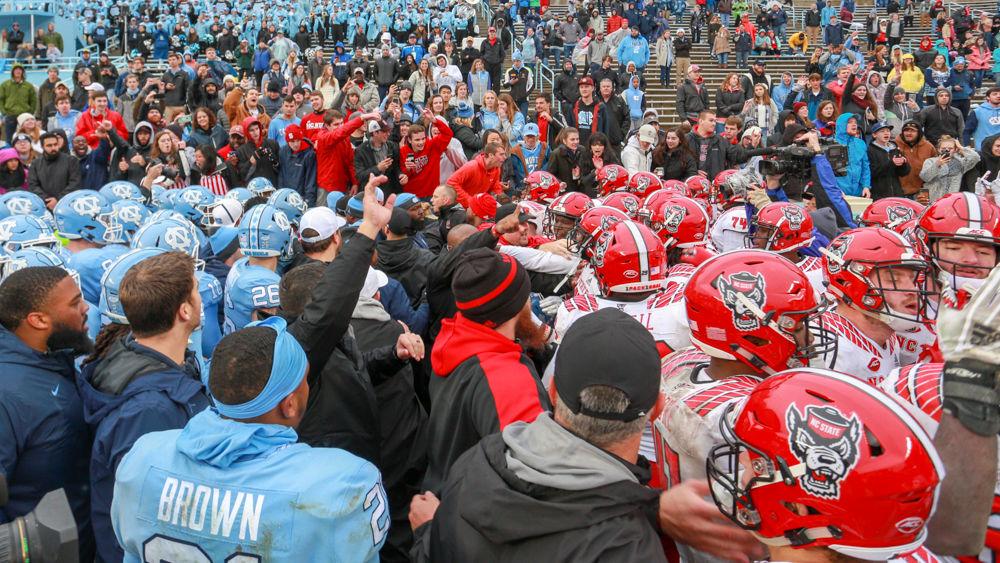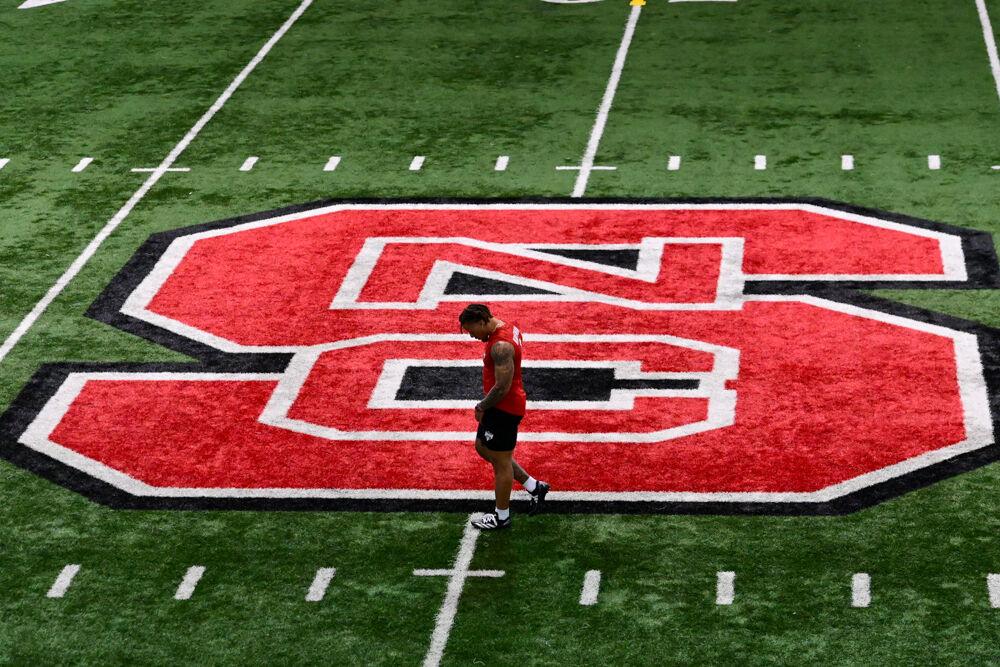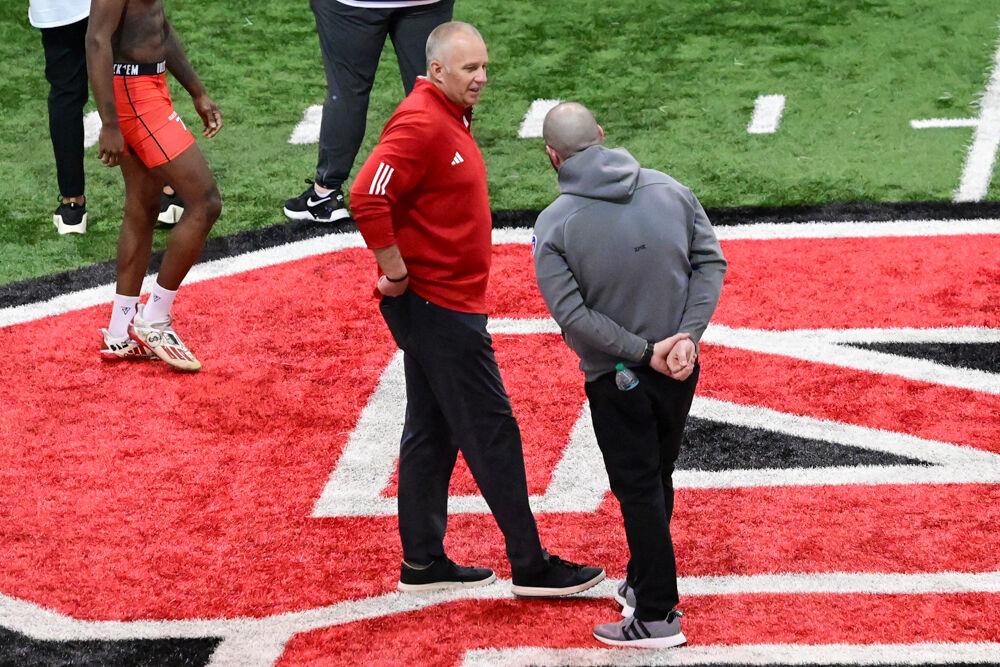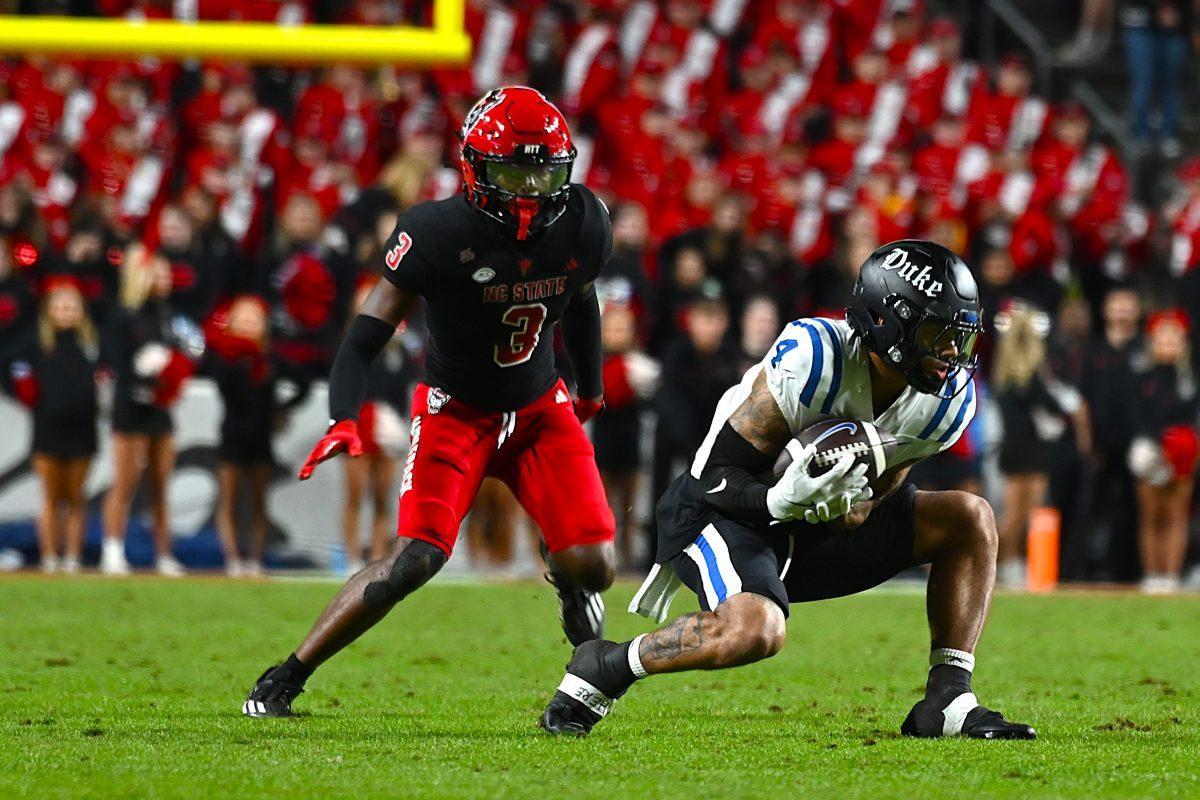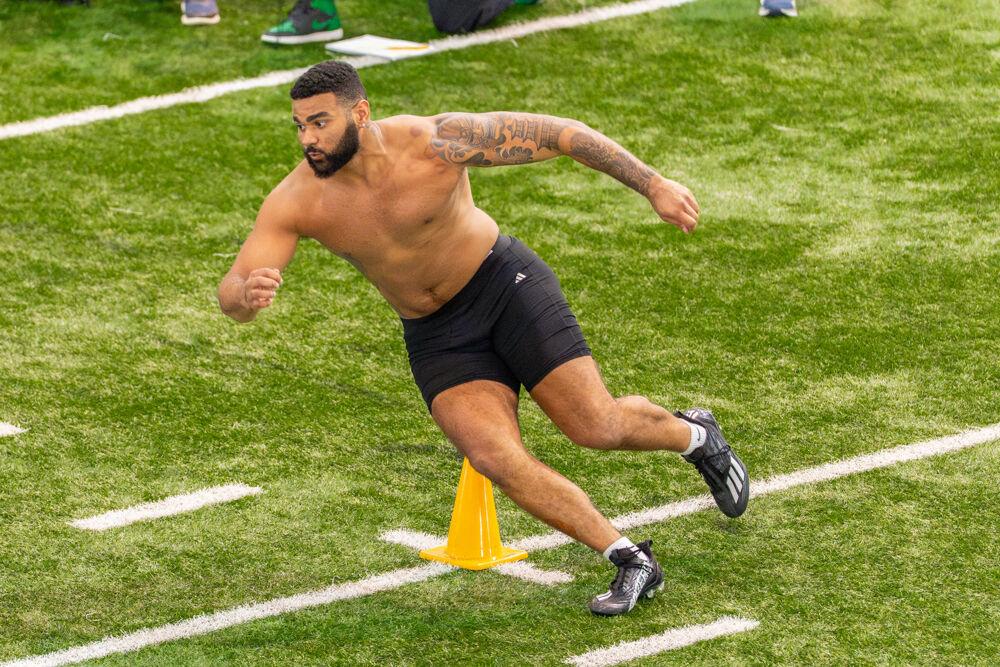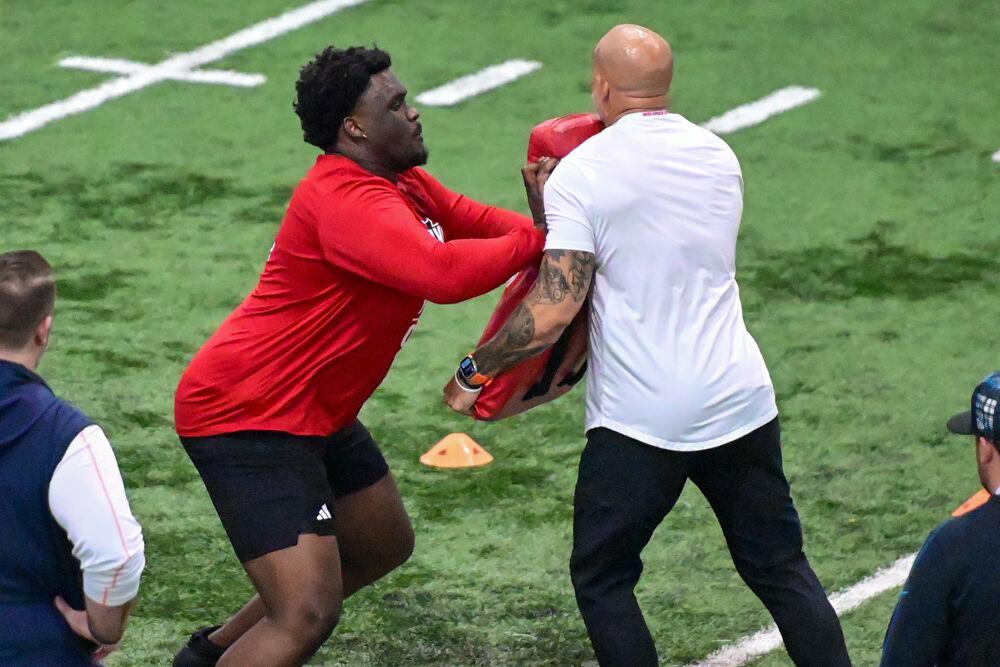UNC-Chapel Hill head coach Larry Fedora had a pretty rough end to Thanksgiving weekend. After losing the football game to NC State in overtime, and breaking up and later denying the occurrence of a fight in the endzone between players from both teams, Fedora was fired as head coach from the football program in a move that seemed to be a long time coming, given UNC’s 2-9 losing record for the 2018 season.
Fedora’s exit from UNC’s football program, which happens to be punctuated by the $12 million in contract money Fedora will still be paid, is not only a step toward more wins for Carolina, but also a step in the right direction for player safety, and safety in football overall.
In July, just a scant few weeks before the start of the 2018 college football season, Larry Fedora made some insensitive and, in some cases, outright incorrect comments about the connection between physicality in football and chronic traumatic encephalopathy (CTE), or traumatic brain injuries. According to Fedora, the closer looks taken at helmet and player safety and concussion prevention in football was a direct attack on the sport and the country by extension.
Although Fedora’s comments were made almost six months ago, the insight they give into his character will remain a part of his legacy, whatever remains of it. Fedora’s carelessness and lack of regard about player safety in football highlights the need for coaches to be more progressive and safety-oriented in order to continue succeeding, both on and off the field.
It is clear that despite being under attack for his comments in July, Fedora still doesn’t put safety as a top priority for his players. At the end of Saturday’s game against NC State, Fedora’s callous and dismissive comments regarding the fight that took place in the endzone following the Wolfpack’s overtime win again showcase a lack of empathy and understanding for player injuries, especially those with long-term effects, like concussions.
Even though the end of college football’s regular season is upon us, it’s still as important as ever to stay vigilant about player safety moving forward. In a sport as physical as football, it only takes a second for an injury to go from bad to worse. Moreover, studies show that CTE was found in 99 percent of deceased NFL players’ brains, and that the longer someone plays football, the more at risk that player is for CTE and other degenerative brain diseases.
As Alec Sawyer, assistant sports editor for Technician, said in his commentary on Fedora’s insensitive comments in July, there is a direct connection between football and CTE, and if football as a sport is looking to survive and thrive, player safety and protection should be the number one priority.
At the end of the day, Fedora’s firing comes at a turning point in football. UNC-CH is one of 26 schools with three or more players affected by CTE, according to the Concussion Foundation. It’s high time that the Heels put someone who not only cares about player safety but actively works to ensure it, in charge of the Carolina football program. In the meantime, NC State should make sure not to become complacent, and work just as hard to protect players, current and future, from CTE and other severe injuries.
Football has always been a sport steeped in masculinity and forced toughness. Sawyer’s commentary put it perfectly — there is a “detrimental mindset of an older generation of football fans: that the sport is becoming too “soft,” when in reality the sport is adapting to protect its players, something it has to do if it wants to survive.”
There’s no such thing as being too “soft” if it means ensuring players are not faced with a future soured by degenerative brain diseases from injuries that could have been prevented with better protocol and more attention paid to the safety of players that, at the end of the day, are out there to play a good game.


